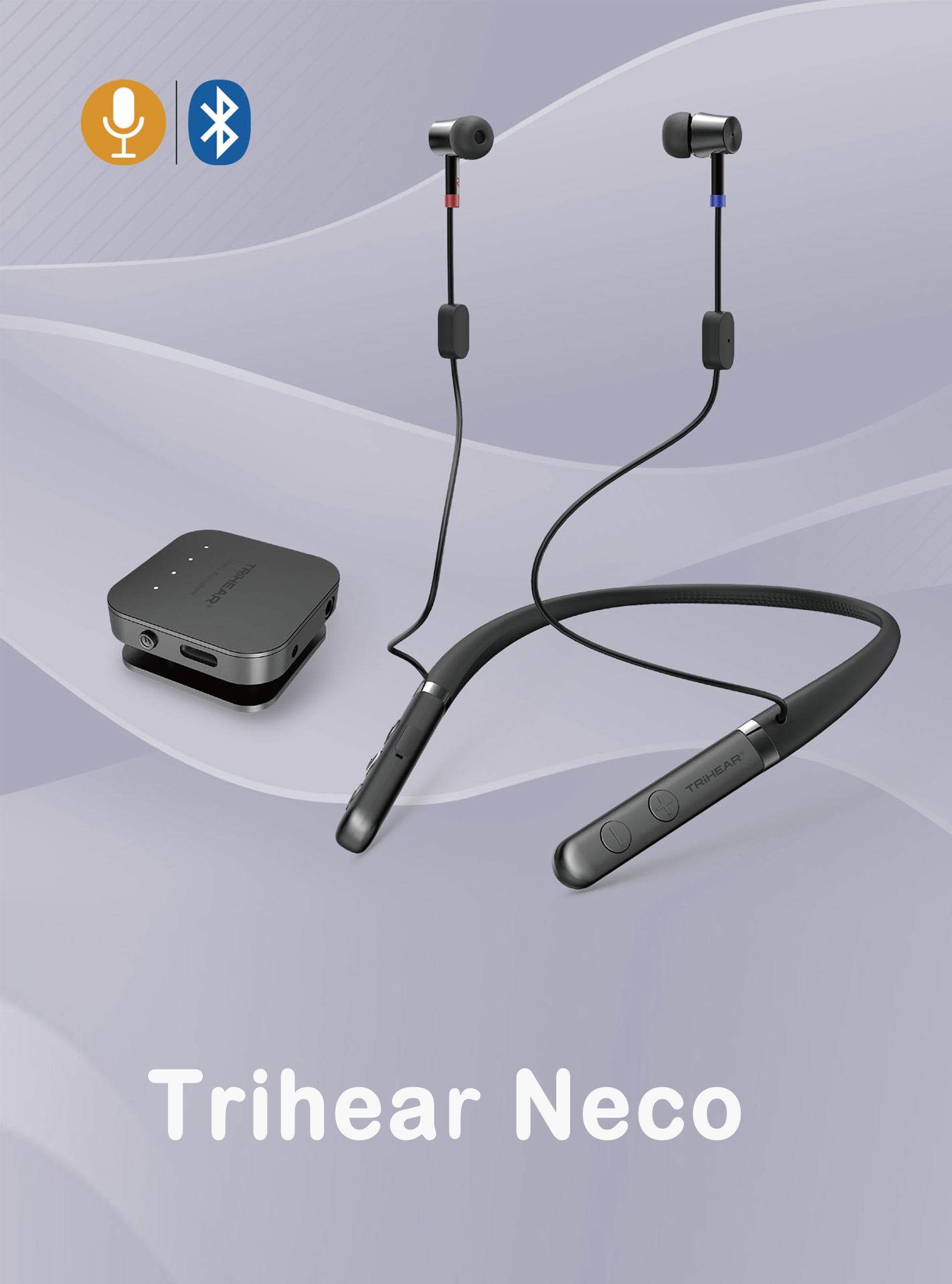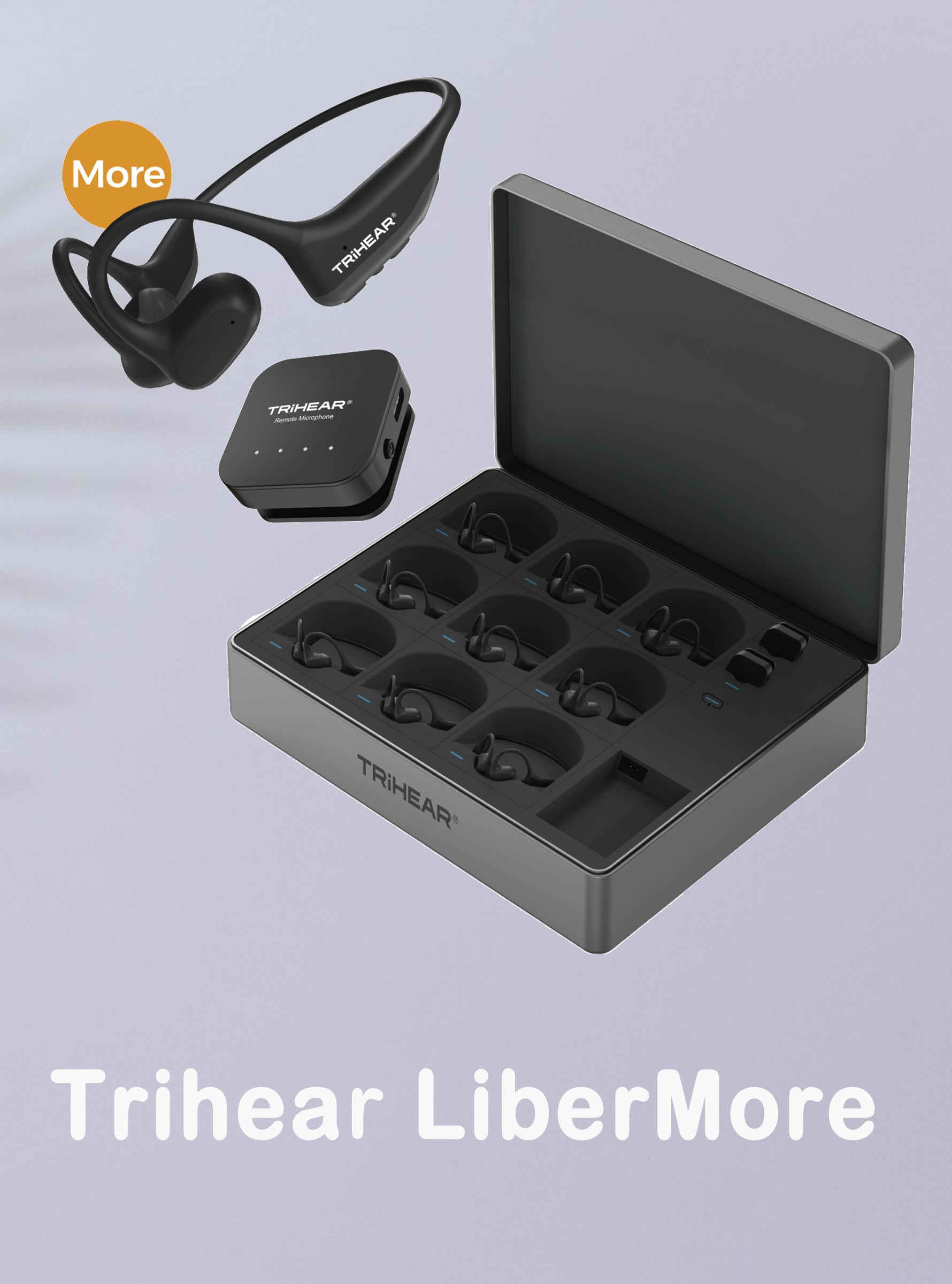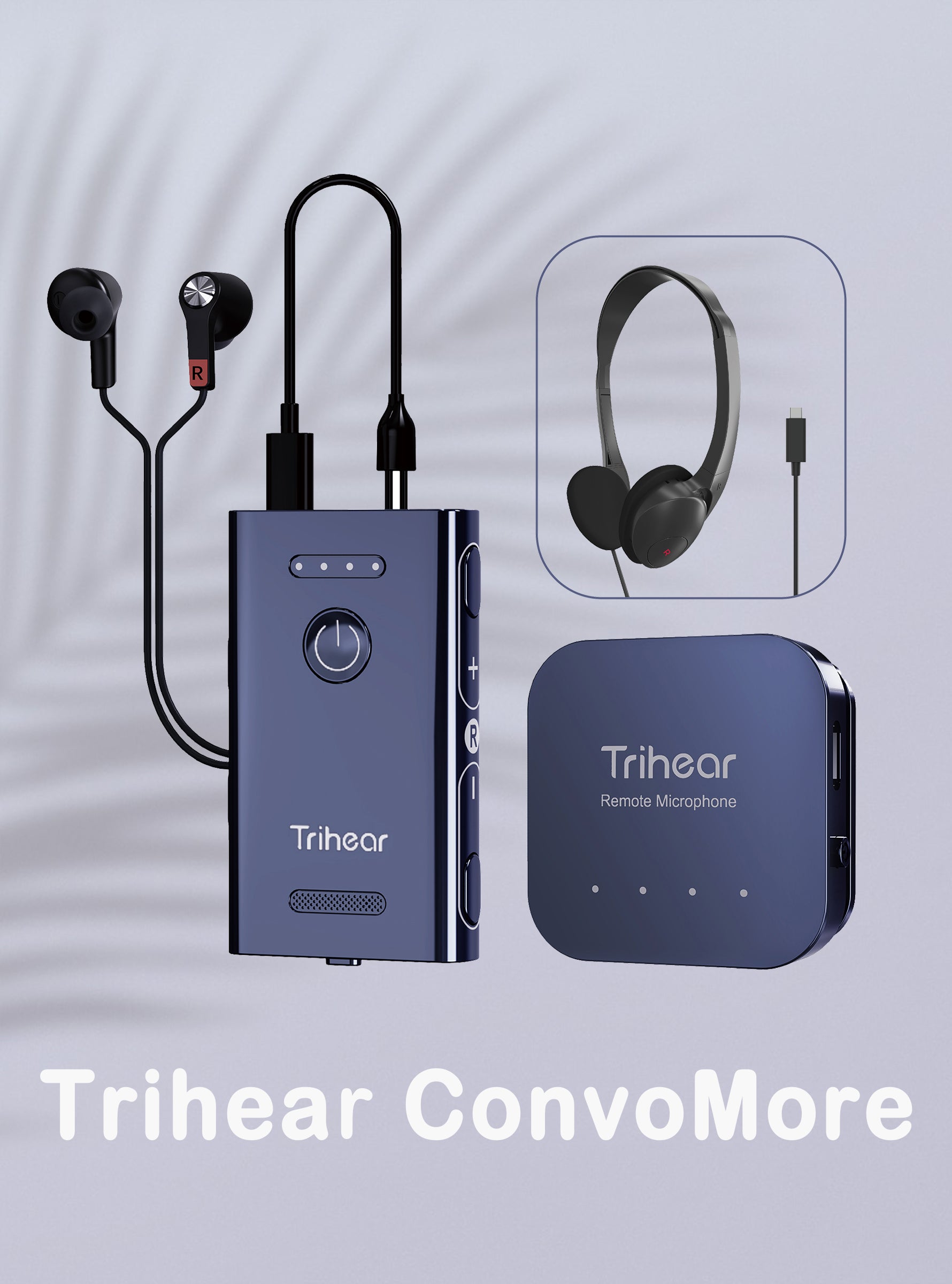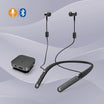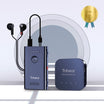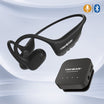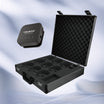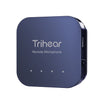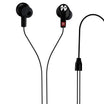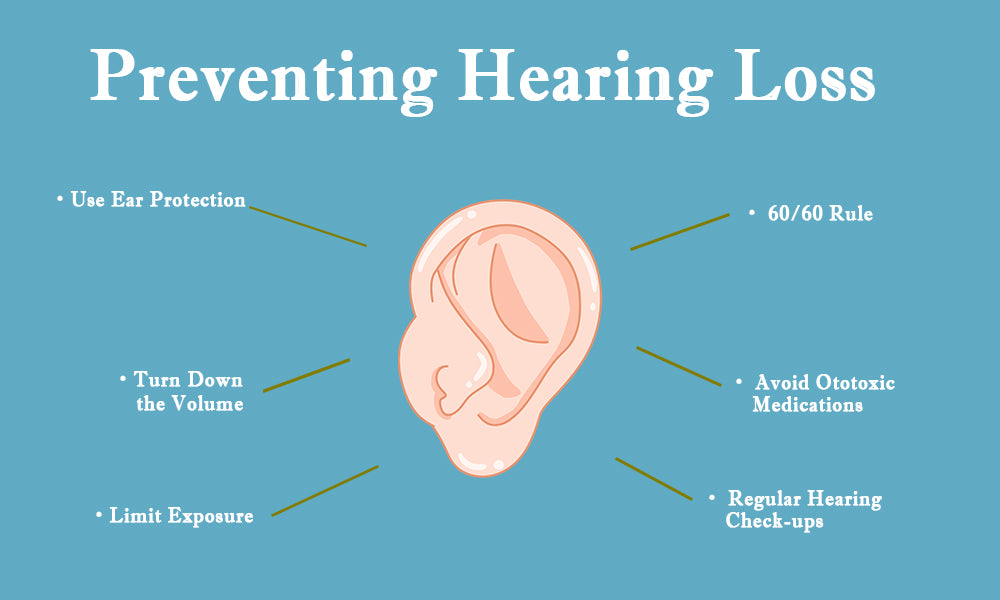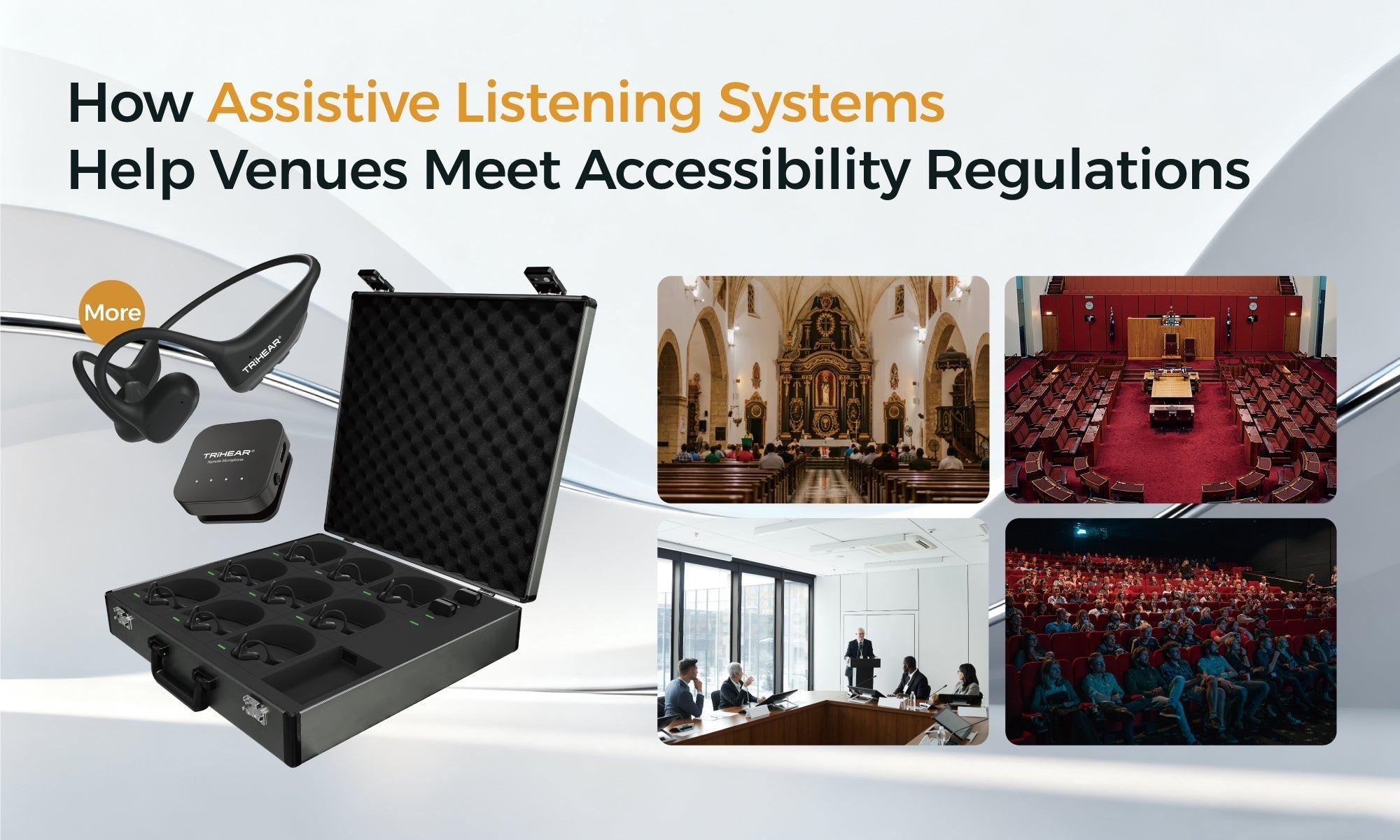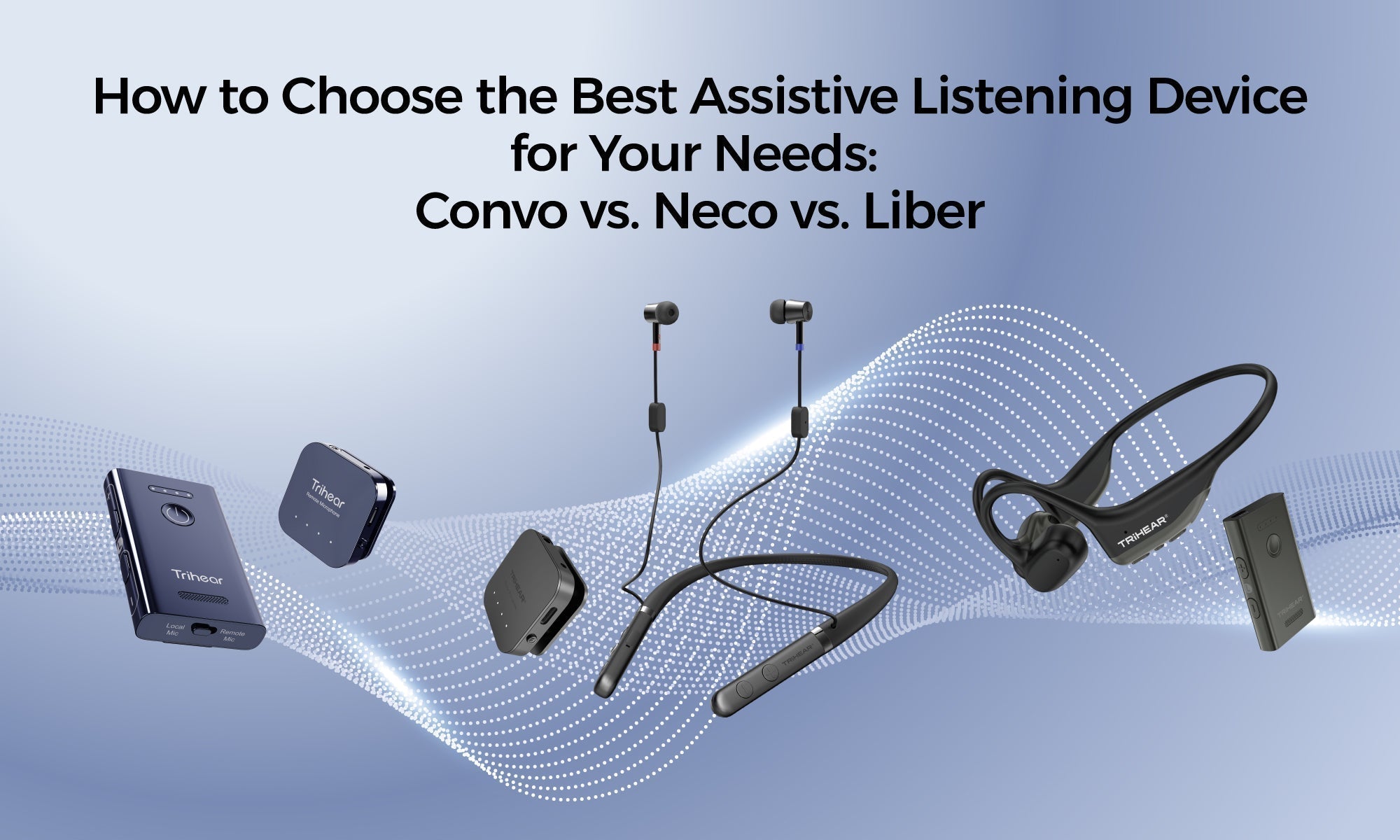Hearing is a precious sense that allows us to connect with the world and the people around us. However, many people take their hearing for granted until it's too late. The reality is that many forms of hearing loss are preventable, and by taking proactive measures, you can protect your hearing for years to come. Whether it's caused by exposure to loud noises, improper use of headphones, or lack of care, hearing damage can be minimized with the right precautions. This blog will provide detailed tips on how you can safeguard your ears from harm and prevent future hearing loss.
The Importance of Preventing Hearing Loss
Hearing loss often occurs gradually, which means that by the time you notice it, significant damage may have already been done. Noise-induced hearing loss, one of the most common types, is entirely preventable. Taking early steps to protect your hearing not only helps you avoid the frustration and isolation that come with hearing difficulties but also ensures that you can enjoy the sounds of life, whether it's the voices of loved ones, music, or the sounds of nature, for a longer period.
Tips for Protecting Your Hearing
1. Use Ear Protection in Loud Environments
Loud environments pose one of the biggest threats to your hearing. Whether it's a concert, a construction site, or a loud public event, extended exposure to high-decibel sounds can cause irreversible hearing damage. In these situations, ear protection is crucial.
Types of Ear Protection:
- Earplugs: Available in both foam and custom-molded varieties, earplugs reduce noise levels significantly while allowing you to hear essential sounds.
- Earmuffs: These cover the entire ear and provide a barrier against noise. They are commonly used in industrial settings or during activities like mowing the lawn.
Situations Where Ear Protection is Vital:
- Concerts and music festivals.
- Sporting events with high crowd noise.
- Construction zones, workshops, or factories.
- Operating loud machinery, such as chainsaws or lawnmowers.
- Shooting ranges or hunting trips.
Regular use of ear protection in these scenarios can greatly reduce your risk of developing noise-induced hearing loss.
2. Turn Down the Volume on Personal Audio Devices
The modern convenience of portable audio devices, such as smartphones and music players, can also be one of the biggest threats to your hearing if not used responsibly. Listening to audio at high volumes over long periods of time can cause significant hearing damage, especially with the increasing popularity of in-ear headphones.
Safe Listening Practices:
- Lower the Volume: One of the simplest ways to protect your ears is by keeping your audio volume at a safe level. Experts recommend keeping the volume at or below 60% of the device's maximum level.
- Noise-Canceling Headphones: Invest in noise-canceling headphones, which reduce the need to crank up the volume in noisy environments, like on public transport or in crowded places. By blocking out background noise, these headphones allow you to listen at a lower volume comfortably.
- Opt for Over-Ear Headphones: Over-ear headphones, which sit around the ear, are often a safer choice than in-ear models (earbuds) because they don't pump sound directly into your ear canal.
3. Limit Exposure to Loud Sounds
One of the most overlooked but effective ways to protect your ears is by limiting how often and how long you are exposed to loud environments. Whether it's loud music or environmental noise, constant exposure to high decibel levels wears down your auditory system.
The Role of Decibels in Hearing Damage:
- Sound is measured in decibels (dB). Prolonged exposure to sounds over 85 dB can lead to permanent hearing damage. To put this into perspective, typical conversation happens at around 60 dB, while concerts and clubs often exceed 100 dB. At this level, even a few minutes of exposure without protection can be harmful.
Practical Ways to Limit Exposure:
- Take short breaks from loud environments to allow your ears to recover.
- Move away from the sound source when possible, such as stepping back from loudspeakers at concerts.
- If you work in a noisy environment, such as a factory or construction site, ensure that your employer provides hearing protection and adheres to occupational noise exposure guidelines.
4. Follow the 60/60 Rule
When using personal audio devices, it's important to be mindful of the "60/60 rule" – a general guideline that helps reduce the risk of hearing damage.
What is the 60/60 Rule?
- The rule suggests listening to audio at no more than 60% of the maximum volume for no more than 60 minutes at a time. After 60 minutes, it's important to give your ears a break for at least 10-15 minutes.
This practice helps to prevent the strain on your auditory system that can lead to gradual hearing loss, especially for those who frequently listen to music, podcasts, or audiobooks on portable devices.
5. Avoid Ototoxic Medications When Possible
Certain medications, known as ototoxic drugs, can cause damage to your hearing. These include some antibiotics, chemotherapy drugs, and high doses of aspirin. If you are prescribed these medications, it's important to discuss the potential side effects with your doctor, especially if you have a family history of hearing loss or are already experiencing hearing difficulties.
Steps to Take:
- Always follow the prescribed dosage and instructions when taking medications.
- Ask your healthcare provider if there are non-ototoxic alternatives available.
- Be vigilant for any signs of hearing loss (ringing in the ears, difficulty hearing) and report them immediately to your doctor if you are taking ototoxic drugs.
6. Get Regular Hearing Check-ups
Prevention goes beyond protecting your ears from loud noises – it also involves actively monitoring your hearing health. Regular hearing check-ups can help detect early signs of hearing loss, allowing you to take preventive steps before further damage occurs.
When to Get Your Hearing Checked:
- If you work in a noisy environment or are frequently exposed to loud sounds.
- If you are over the age of 50, as age-related hearing loss (presbycusis) becomes more common.
- If you notice any early signs of hearing loss, such as difficulty understanding conversations, asking people to repeat themselves, or ringing in your ears (tinnitus).
Regular hearing tests provide a baseline for your auditory health, making it easier to detect changes over time.
Take Action Now to Protect Your Hearing
Your hearing is an invaluable asset, and taking steps now to protect it can save you from the frustration and isolation that hearing loss often brings. Whether it's using ear protection, following safe listening habits, or getting regular check-ups, these proactive measures can help ensure that you continue to enjoy the sounds of life for years to come. Don't wait until it's too late – make hearing protection a priority today.
By following these tips and being mindful of how you treat your ears, you can reduce the risk of hearing loss and maintain your auditory health well into the future.


